
It is unfortunate that many Queensbridge hip-hop veterans from late 80′s and early 90′s can now be found on milk boxes or demeaning “Where Are They Now?” segments. Tragedy Khadafi has avoided this fate with the resiliency and guile necessary to survive 15 years amongst industry snakes. He has craved out a respectable body of work spitting hard street slang mixed with 5-Percenter ideology way before Wu made saying “Gods and Earths” popular. With the pending release of his latest album, Still Reportin’ on 25 To Life/Solid Records, Tragedy took time out to explain the science behind Middle East references, a recent run-in with the police, and his feelings on that dude screaming “What! What!”
HipHopSite: You’re obviously aware of your XL rating in XXL Magazine and other good write-ups for Still Reportin’¦. What are your expectations for this album in comparison to your previous work?
Tragedy Khadafi: The main expectations for this album is basically that it gets out there to the public and that my dedicated fans pick it up and hopefully to make a lot of new fans. And also too that people get to listen to my album and sort of go through the journey wit me and just get a glimpse into my mind and my soul and heart and not just take Tragedy and pigeonhole him.
HHS: On the track “Hood”, one of you lyrics is “Magazines write articles and show no creditâ€. Are you referring to a specific instance involving you or just in general?
TK: I’m referring to me, as well as other artists, as well as people in business in general. A lot of journalists, a lot of magazines don’t do their homework thoroughly. I got love for Big Tigger after I finally got to meet the brother and vibe with him, but I felt a certain kind of way when I saw an article where me and Nore had that ongoing beef. I guess he was called to critique my song “Bloodtype”, which was an attack on Noreaga’s character. And he said in his critique that I sounded like Noreaga and bit Noreaga’s style. To me that’s offensive because if you knew the history and if you knew the truth, you would know that I pioneered Nore’s style.
HHS: In regards to Noreaga, does it bother you that an artist you introduced to the game has achieved more commercial success then you?
TK: Well, I define success in a totally different light. To me I gotta be successful as a man first. In terms of Nore, yeah it can trouble someone when you feel that you’ve shown that person nuthin’ but respect and you feel like you were slighted. But now we’re on good terms. We deal with each other fairly and justly. It wasn’t always like that. So therefore was I jealous of his success? No. Was I angry, sort of bitter with him in terms of how he moved and the decisions he made? Yeah, for sure. Now in terms of what I put into that project The War Report, I put my heart and soul into it. That’s why if you notice I don’t really put artists out [anymore].
HHS: Still Reportin’ uses a lot of sound bytes from movies. Was there a particular theme you were trying to bring across through the usage?
TK: Basically, I don’t watch a lot of T.V. I’m a movie head. They’re certain movies that I like or enjoy that have the sound bytes that really left an impression on me and made profound statements in terms of the struggle and life in general. Whatever I talk about, whether it be a relationship, whether it be the streets, whether it be imprisonment, whether it be politics, I encompass struggle in it. So I wanted to make a soundtrack to my struggle. I wanted to not just make an album, but give you a picture as well.
HHS: You had a lot of different producers that you used on this album. How did you go about getting beats for this album?
TK: Well every time I think about doing a project, I just put the word out. I’m very close to the streets. It’s proven to be very fortunate for me because I get to meet a range of people. This is the era of hip-hop. Most cats do beats, do rhymes, know someone that does either or and you just connect yourself. You keep your ear to the pulse of the streets and you get the hot shit. So I would basically take time to sift through it. And get with the right producers where I could either share a vision with them or help impress my vision upon them and get them to enhance my vision and also get them to enhance their production skills.
HHS: What was your arrangement like with the 25 To Life label and Penalty? Is it similar to your situation now with Solid?
TK: In terms of the CNN situation, it was a glorified production deal. Now 25 To Life operates and functions as a label. We got a staff. But I’m hands-on with everything because that’s the only way I know how to work. Sometimes it’s very hectic for me being that I have a family and my whole personal life and I’m an artist, so I have to be on top of the business and my craft. But 25 To Life now is a full-functioning label. We have a staff like I said. We basically have a distribution deal through Solid/Caroline.
HHS: Earlier you had said you don’t really bring out artists anymore, but are you going to with the 25 To Life label?
TK: First in line would be my brother Castro (featured on Still Reportin’), I don’t like to concentrate on too many artists for a lot of reasons. One, the reality is that 25 To Life is a small company. Two, I gotta rock with something I believe in. Like when I first met Havoc, I believed in him before he was even Havoc. I believed in his aggression and his persistence and I knew he would make it. He wasn’t even really nice at first. But I knew he would do everything it took to become better and that’s what he did. And thus you have Mobb Deep. When I met Capone and Noreaga, it was the same energy. See I have to feel that energy. Cause once I feel that energy, no one will deny me. I remember when we first completed The War Report album, Funkmaster Flex, who I respect, I took him the album and he told me “Yo, it’s aright. But I’ll dip and dab with it since you my man.” It winded up being a big record for everyone involved. But I wouldn’t let him tell me no. I would sit in front of the radio station every day. Sometimes in the snow, sometimes in the rain, I didn’t care.
HHS: You talk about persistence. With all the bs that comes along with doing music have you ever had times you felt like quitting?
TK: Too many to count. I’ve got to that point where I felt frustrated and put it down. I actually quit twice in my life. The first time I quit is when I first came home from prison and this is before the Intelligent Hoodlum album ever came out. And it was a dude I met named Joe Fatel who was actually my DJ, who I mention on my first album who really inspired and motivated me back into it because he knew all my rhymes. See you gotta appreciate what your gift is and what your desires are. Once you appreciate that, then realize that’s why you get frustrated. It’s not necessarily the fame or the money. Just look for instance at Jay-Z. Financially Jay-Z is way above Nas. But Jay-Z felt the need to come and battle Nas because it was a challenge of his craft. It was a challenge of his passion for the music. I always felt his shit, but now I have a even greater respect for him because a man with all that material gain and wealth still has a desire to be number one. That shows that he really loves hip-hop. People don’t see it that way because he may talk about flossin’ and shit like that, but you gotta look deeper than that. From that example alone, I can tell Jay-Z is an intimate lover of hip-hop and music. The second time I wanted to give up, I believe this is like when Dre first dropped The Chronic (Death Row Records, 1992) really wanted to give up and just put it down. And one day I was walking down the street and this dude was in his car with his girl on Canal Street and he just stopped in the middle of traffic, jumped out his car and chased me like half-a-block, and was like “Yo, I’m sorry to run up on you like that, but I just had to tell you, I know you probably get frustrated in the business or whatever cause you didn’t blow up like all the other artists did, but please keep doing what you doing. You keep me going.” And that alone outweighed the times that I’ve gotten frustrated.
HHS: With your recent run-in with police officers in New York, you’ve experienced the alleged abuse of power by the NYPD first-hand. What factors do you feel contribute to this problem and do you feel it’s gotten worse then it was in the past?
TK: It’s gotten worse, I mean you always had examples where they would take it to the extreme of course and those are examples like Diallo, and crimes of that nature, which are unforgivable acts. But when it comes down the situation with the man of color, that’s always going to be a factor until this government adheres to its promises and it’s so-called “constitution.” But just in terms of the present day, things have definitely gotten worse and there’s a lot of factors that contribute to that. The terrorism thing, I mean you got police using that “terrorism” mentality and the so-called fear of terrorism in the United State basically to go buckwild on the streets and profile. Bottom line is they [government] use excuses to make a police state. To declare martial law on motherfuckers.
HHS: Yeah, it’s crazy how they passed the Patriot Act because at time everyone was so traumatized from 9-11 that people just let it pass through.
TK: Which leads us to wonder why [9-11] happened. Everybody knows that when you traumatize someone and then come with a false sense of security, the people are going to automatically run with you. Now would the Patriot Act benefit the government? Of course, cause you can go into everyone’s privacy. So therefore government is always watching. And therefore always informed, and therefore always controlling. So when we look at that, we say “Damm, why did this big traumatic this happen?” How could you not know that these people were doing all these things when you keep such a close eye on everything? Maybe you had a hand in it. Maybe you were involved because it’s so ironic that the same person you trained and supplied with U.S-issued weapons happened to be the same man that you claimed spearheaded the attack on the World Trade Center.
HHS: Many rappers including yourself (Col. Muammar Qaddafi) haven taken names from leaders in the Middle East? Also, taking to calling Queensbridge Kuwait. What is the significance or correlation there?
TK: It goes back to when you had the 5 Percenters, my thing was at a certain point in hip-hop, everyone wanted to be mafia-affiliated or take on the attribute of a mobster. With me, I was raised with Islamic influences in my life, so I was educated on the fundamentals of Islam, and I read somewhat about Muammar Qaddafi and I respected him as a leader. He didn’t rule with cruelty. But overall, even from the CNN aspect, like when we started that, basically we were reporting from the streets. Thus you have the title for the new album Still Reportin’. Like if you listen to the song on my album “Walk Wit Me”, I’m just breaking down, not just about the World Trade Center incident, but also about just straight-up persecution and assassinations in the black community and the urban community. And if you listen to songs like “Crying On The Inside”, I’m just talking about losing people and almost losing people in my life whereas people may think we’re artists and we making money, we always happy. But in terms of redefining myself by adding on Khadafi, it’s like I’m a leader and I’m not just going to take something on because it’s popular to do. So when we came with the whole Middle Eastern thing, everyone was like “Oh shit. It came out of left field.”
HHS: Speaking on the song “Crying On The Inside”, is your son okay now? He doesn’t have any lasting injuries?
TK: No. That’s why I made the song. If you listen to the beginning I’m saying how I believe in angels. My son fell 30 feet from a project window and all he had was a hairline fracture. The doctor who worked on him came to me and said “I don’t know who you are, I don’t know what you doing in this life, but God loves you.” But I say in the song when I’m talking about my son, how my moms and pops, they held his arms and broke his fall.
HHS: Aright, that’s all I had. Do you want to leave off with any last words?
TK: October 21st, Still Reportin’ in stores. Show love.
Comments
No Comments
Leave a reply
- Raekwon Sets A Release Date For “F.I.L.A.” Album
- BUSH: A Snoop Odyssey Produced By Pharrell Williams [Preview]
- Drake – “If You’re Reading This It’s Too Late” Surprise Album on iTunes Now
- Action Bronson “Mr. Wonderful” Cover Art and Tracklist
- Juicy J “Blue Dream & Lean 2″ Mixtape Cover Art & Release Date Revealed
- MF Grimm “MF Love Songs” Cover Art + Tracklist
- Lord Hakim – “Brass Knucklez” (feat. Vast Aire & Phizz Ed)
- IAMSU! – “Hella Good” (feat. Tyga)
- DJ Kay Slay – “I Declare War” (feat. Styles P, Sheek Louch, Vado, Raekwon, & Rell)
- Maverick Sabre – “We Don’t Wanna Be” (feat. Joey Bada$$)
- Cannibal Ox – “Blade: Art of Ox” (feat. Artifacts & U-God; prod. Black Milk)
- Asher Roth – “Blow Your Head” (prod. Nottz)
- It's Time To Say Goodbye...
Commented on by Yungplex - It's Time To Say Goodbye...
Commented on by geedubbleyoo - Fat Trel - "In My Bag" (feat. Wale)
Commented on by Katae - Kanye West's "Runaway": What Does It All Mean?
Commented on by fidgar - Sole Vs. El-P: Part One - Sole
Commented on by Reno Yakavetta - It's Time To Say Goodbye...
Commented on by Atom
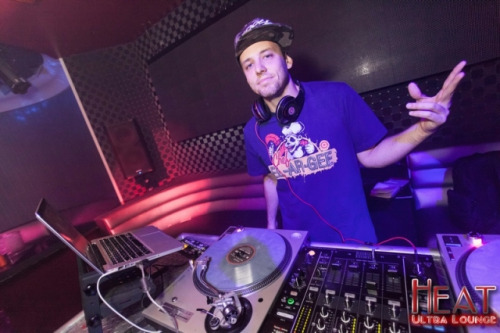

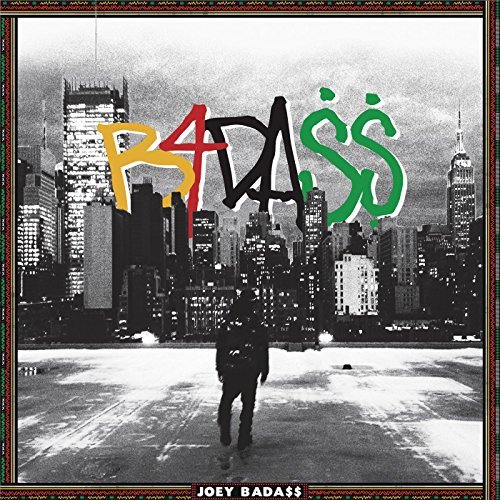
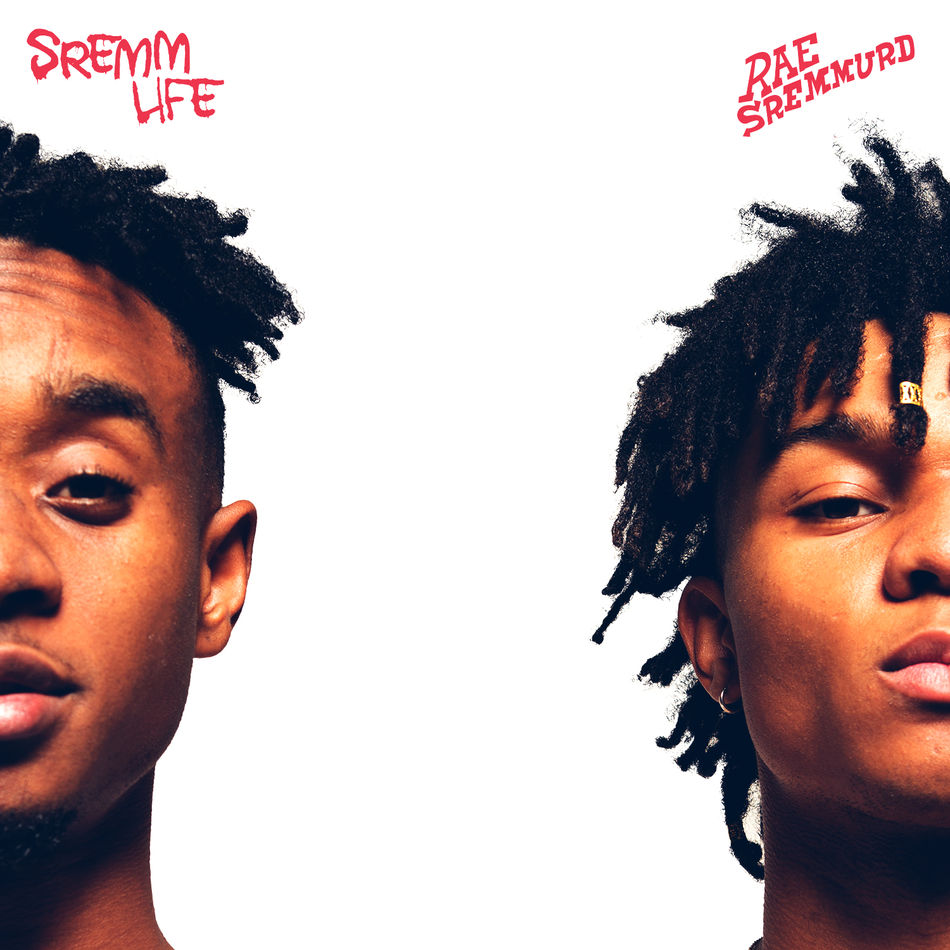
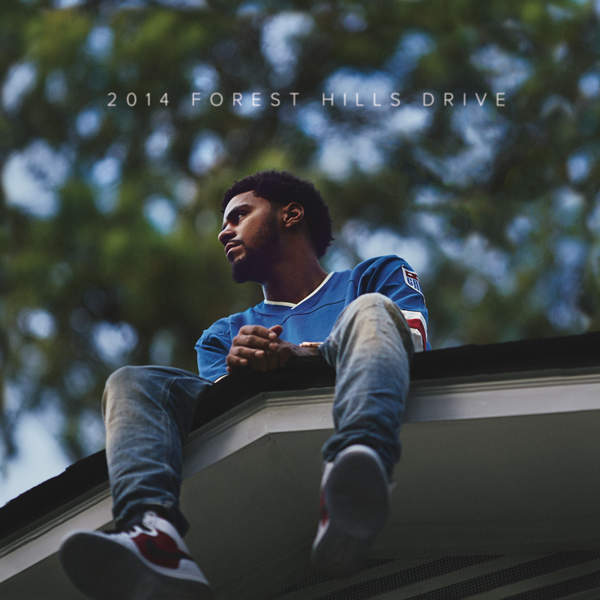






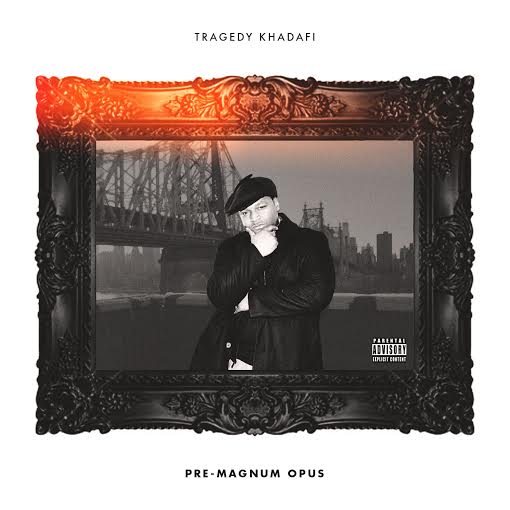


 Mixtape D.L.
Mixtape D.L.
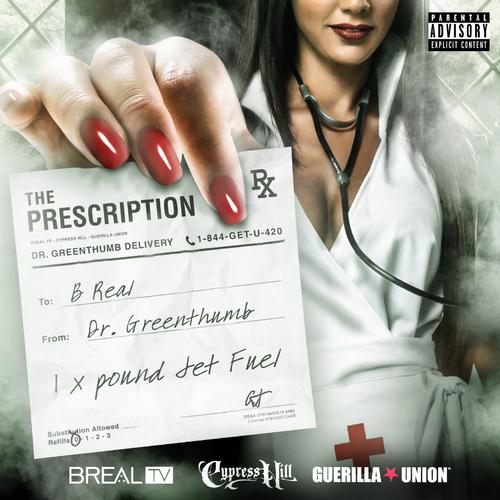

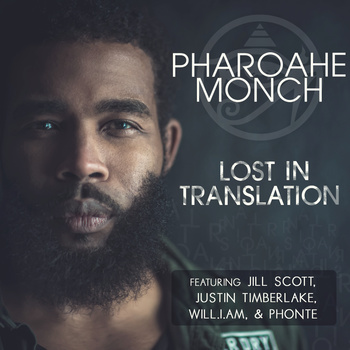

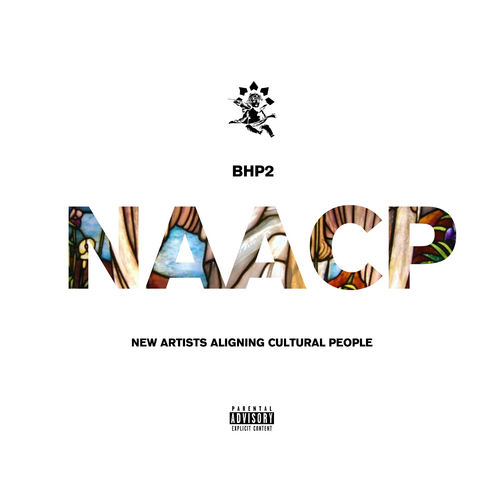

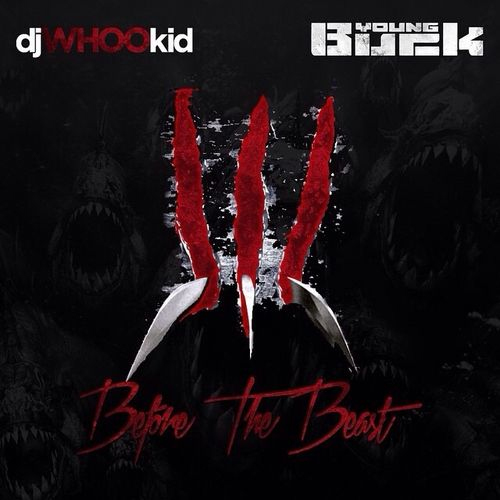
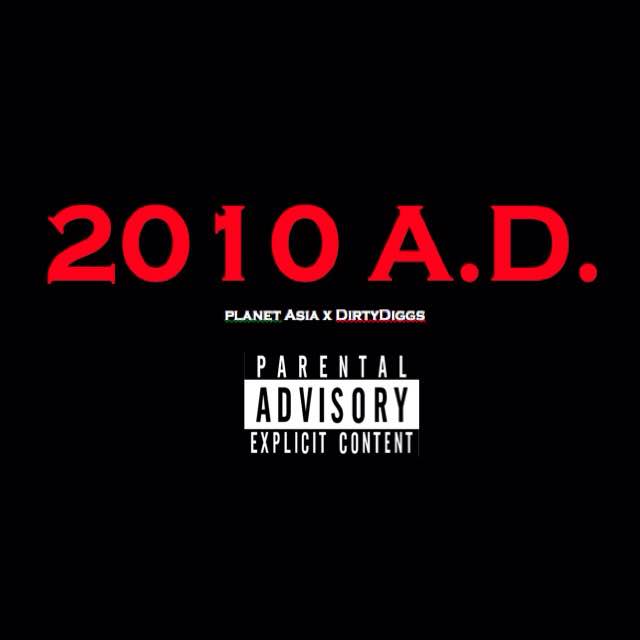
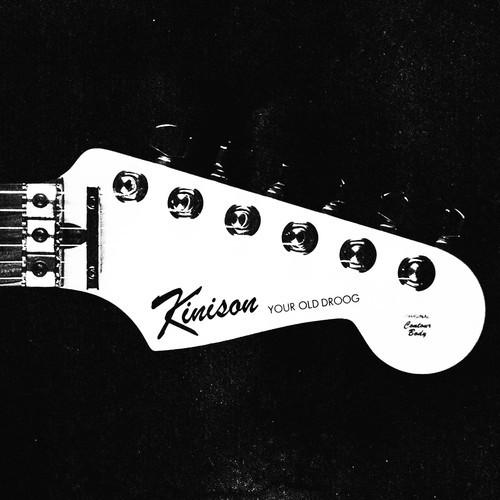
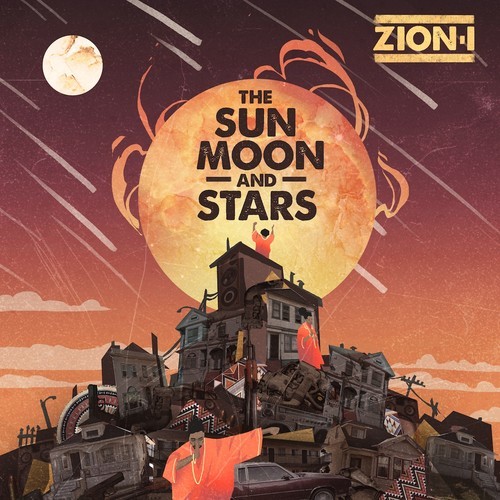

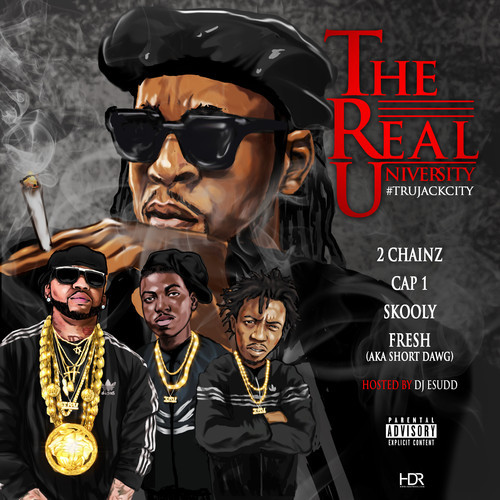
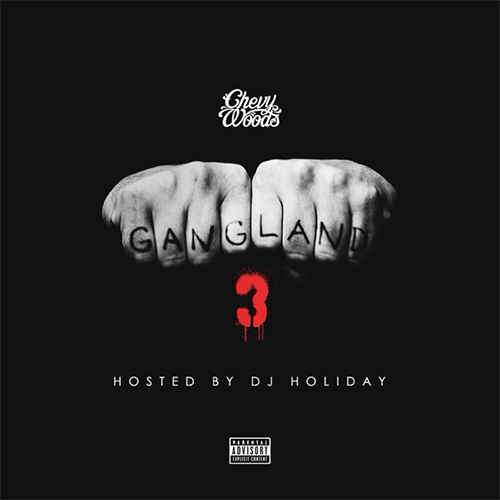
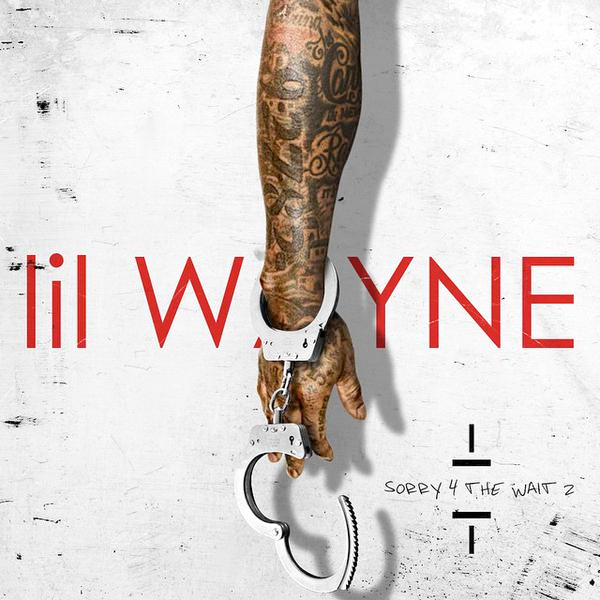
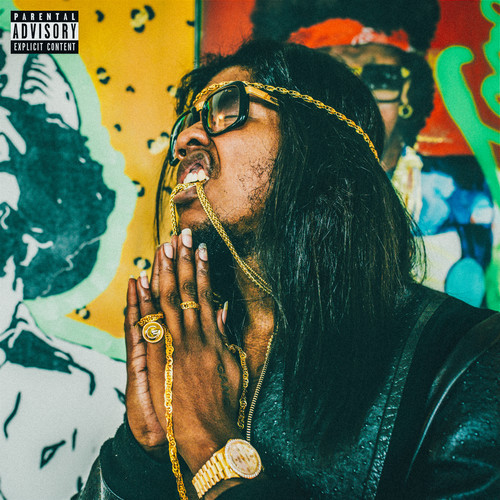





28 October, 2003@12:00 am
0 comments